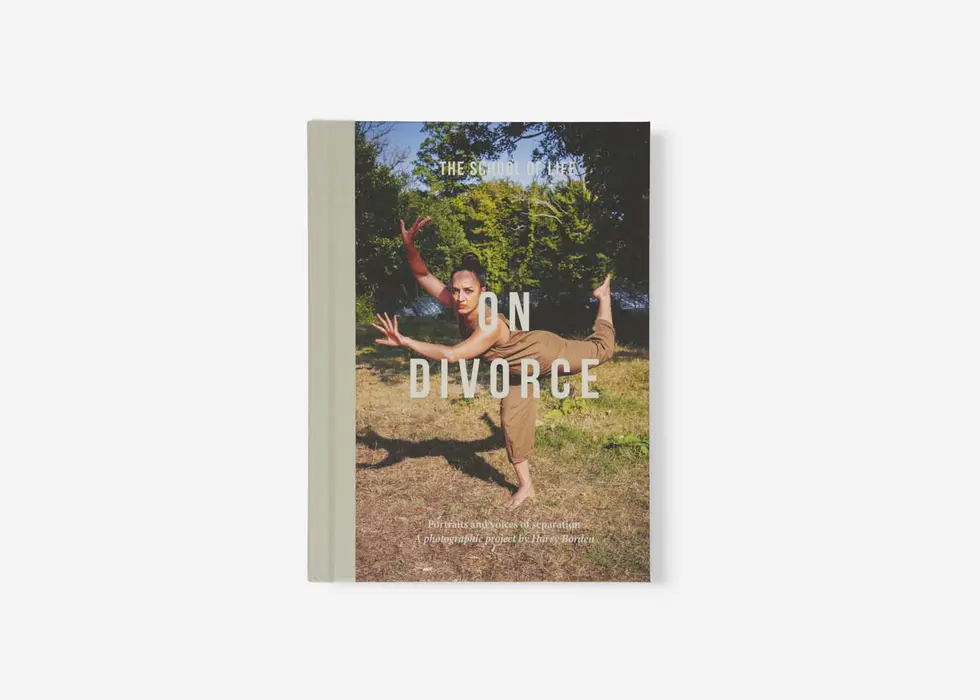Relationships • Conflicts
The Arguments We Have From Guilt
We’ve been wasting all day on the internet. One diversionary click turned into a thousand. It started with a news site and ended up in some very silly or very vile (or both) places. We’ve seen stuff we should never have seen, we’ve wasted our time outrageously, we’ve squandered our talents and betrayed the trust of those (from school teachers to our parents, from children to our lover) who had the imagination to develop faith in us; we’ve thoroughly disgraced ourselves. And now they are home, full of bustle, purposefulness and the smell of the outdoors, and some shopping for dinner and a deep excitement at seeing us.
But we aren’t possibly in any position to meet such a set of expectations – but nor are we geared to explaining how and why we aren’t either. We’re not going to tell them how time flew between 9am and now, just before 7pm. We won’t tell them what we saw and how we couldn’t bring ourselves to stop. Our societies talk a lot about the burdens of being loved too little, everyone has sympathy for that; but we collectively fail to talk enough about the pressures of being loved too much, when the veneration doesn’t tally with our sense of ourselves, when we’re feeling like wretches inside but the lover continues to hold a benevolent and kindly image of us and suggests some fried vegetables and a little fish for dinner.
Rather than saying we don’t deserve their love, we try to prove that we absolutely don’t. We try to show that we couldn’t possibly be worthy of kindness or forgiveness. We pick a major fight. We say something extremely mean. We insult their bottom or their anecdotes, we say that perhaps we won’t go on the holiday we’ve jointly planned and that their mother is boring.

And then they start to hate us and tell us we’re awful and while we protest, we feel essentially pleased that the outer judgement now matches the inner sentiment of sin. We don’t directly tell them but we are grateful to them for sparing us the asphyxiating embrace of unearned affection. The drama (for this is what we have ensured it’s become) helps us to relocate an equilibrium, it functions as a bracing penance.
Their loathing helps us to feel at home with ourselves once more. It accords so much better with who we are. We know we deserve punishment a good deal more than we might a tender embrace.
Like a religious penitent, we try to win back their good grace. We make them tea, we do the laundry, we go out in the rain on a largely superfluous errand, what counts is that we suffer – and must, for that is the lot of criminals and low-lifes.
Against the backdrop of ill-temper and sourness, we slowly rebuild our sense of ourselves, apologise sincerely and, after many chores, recover a sense that we might have some potential – and vow to ourselves that tomorrow, we will start afresh, with a cleaner soul and try at last to be the sort of person who can meet the expectations bestowed on us by love.


























